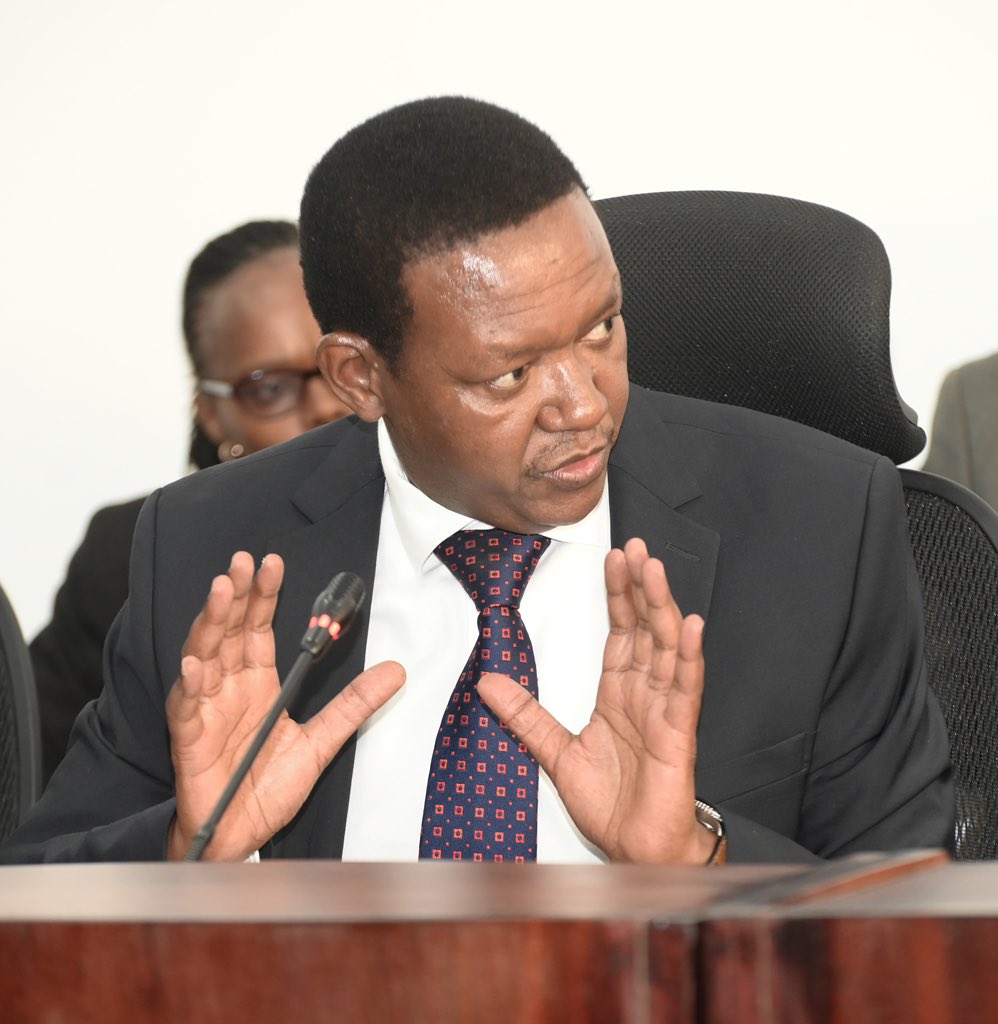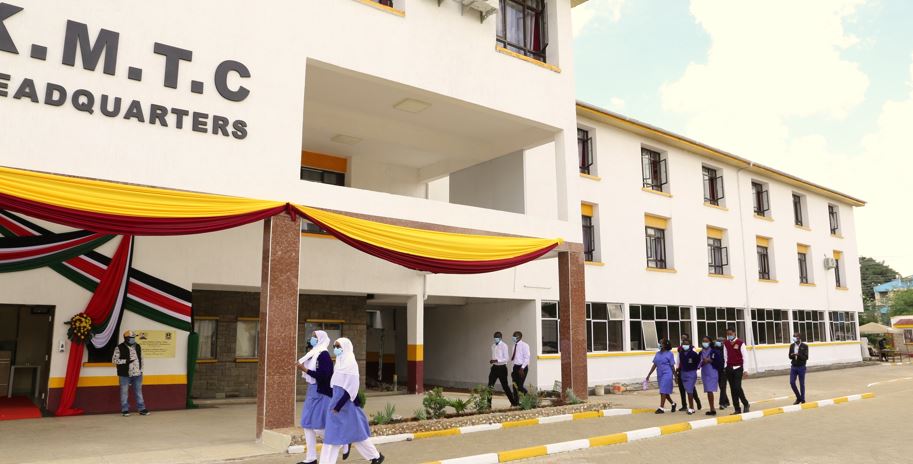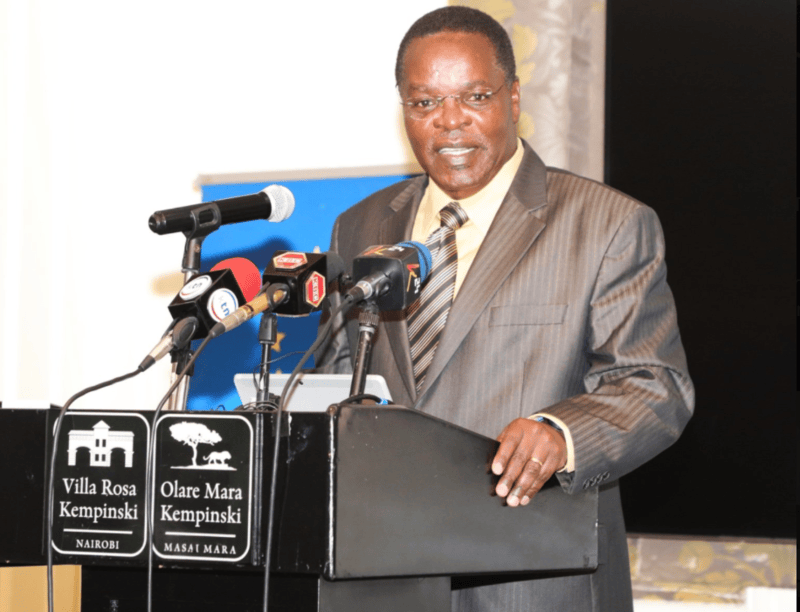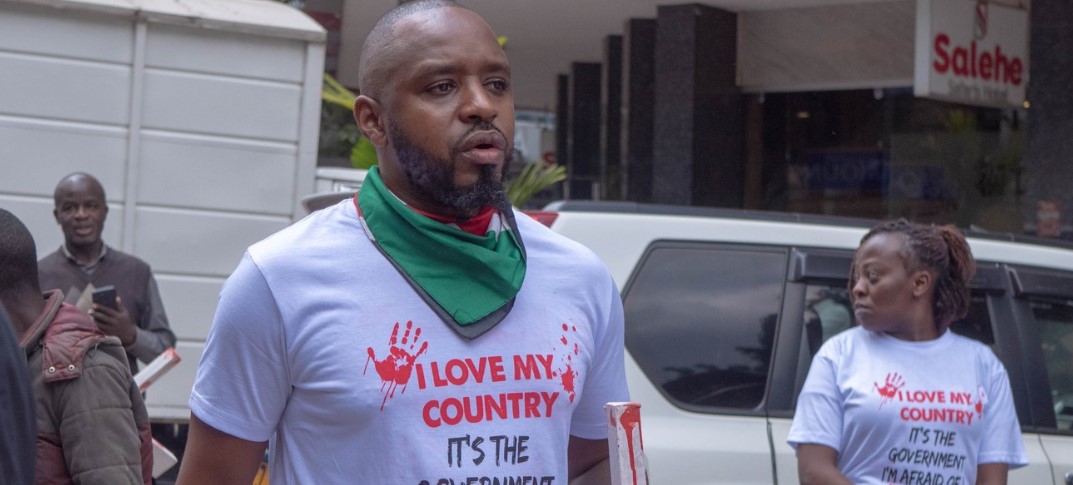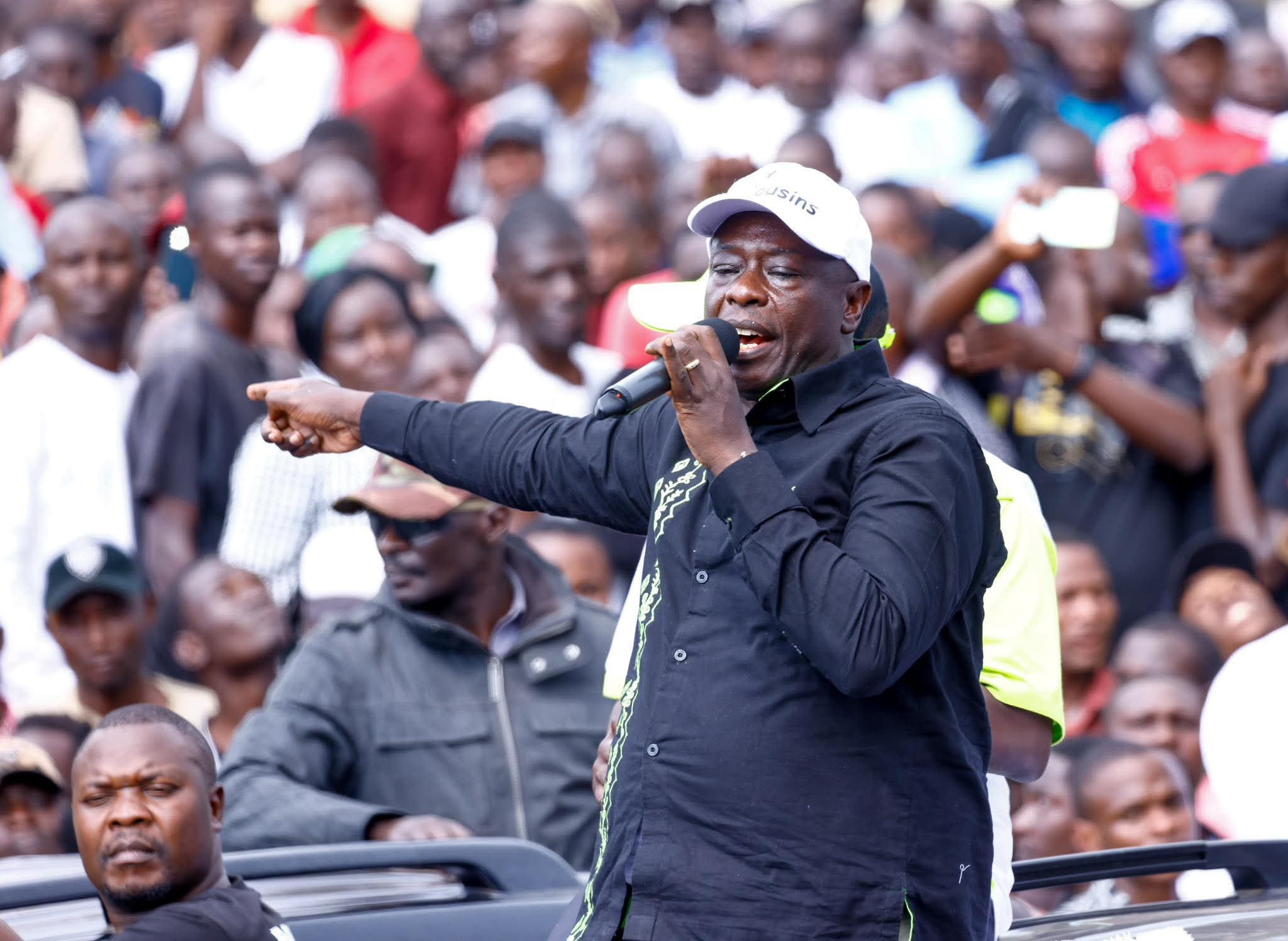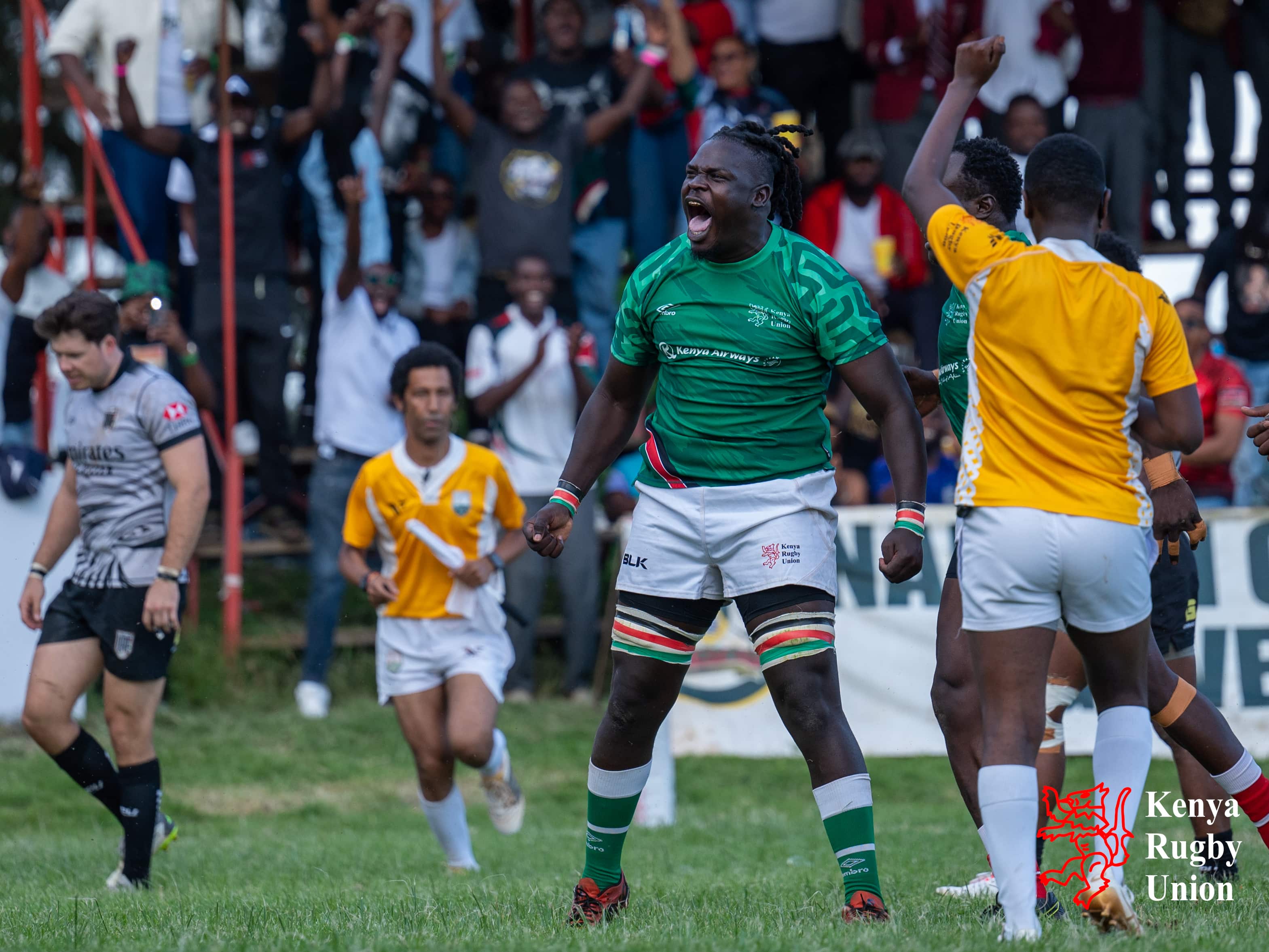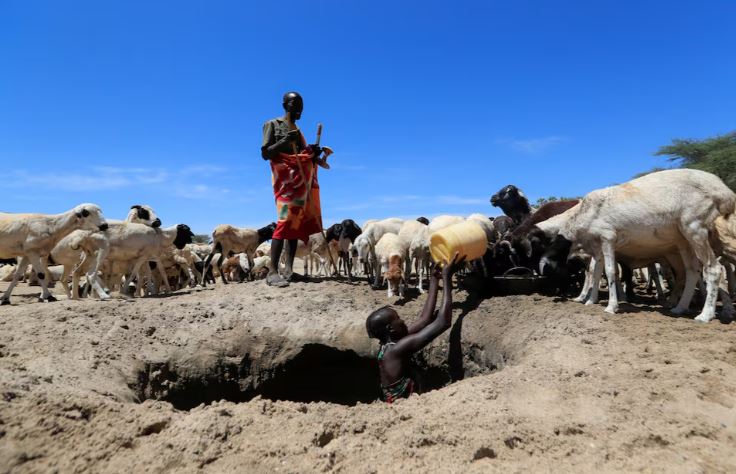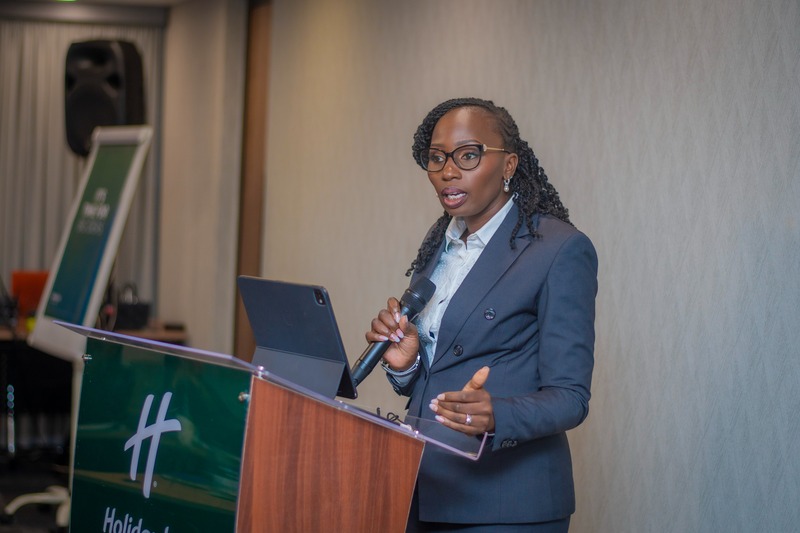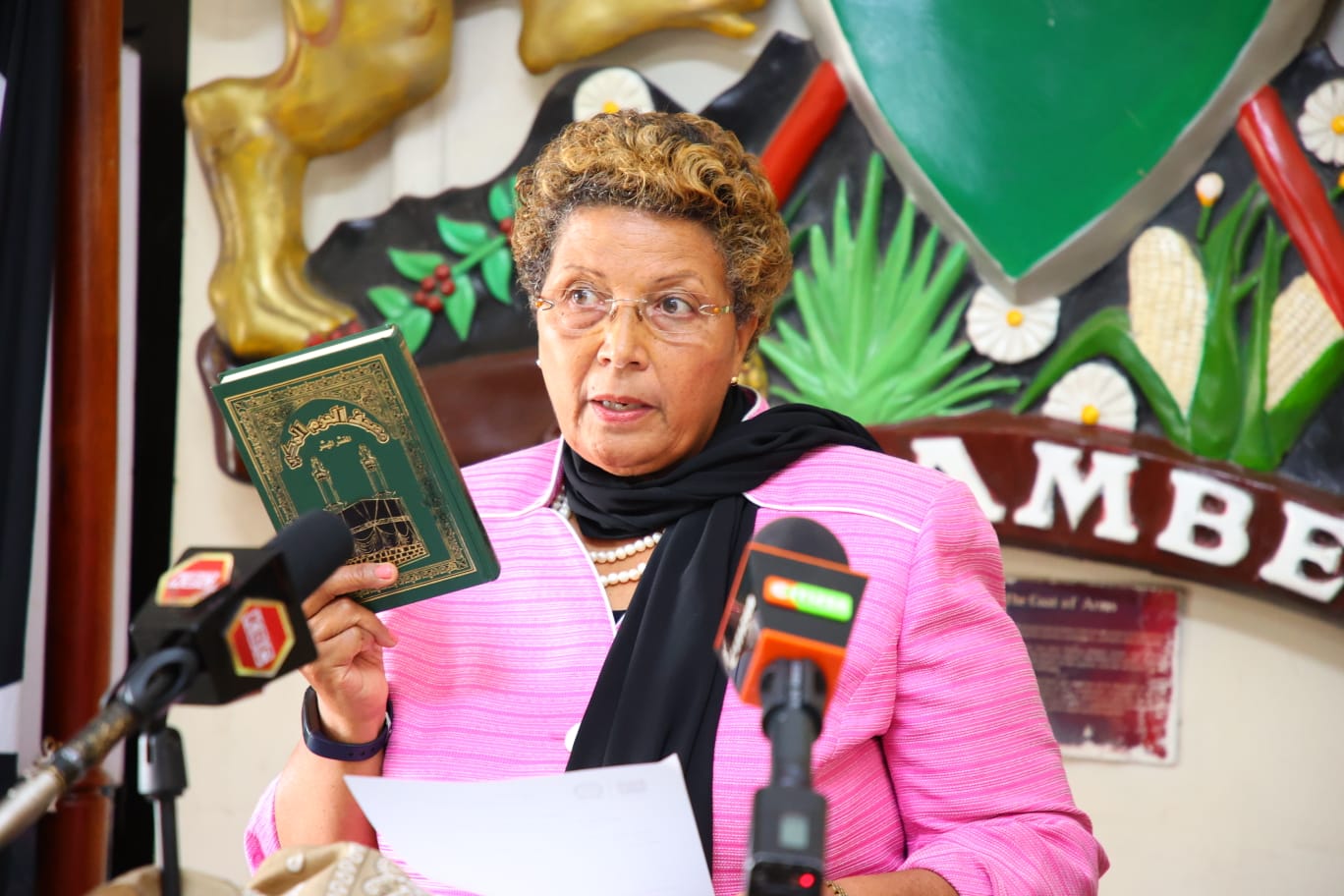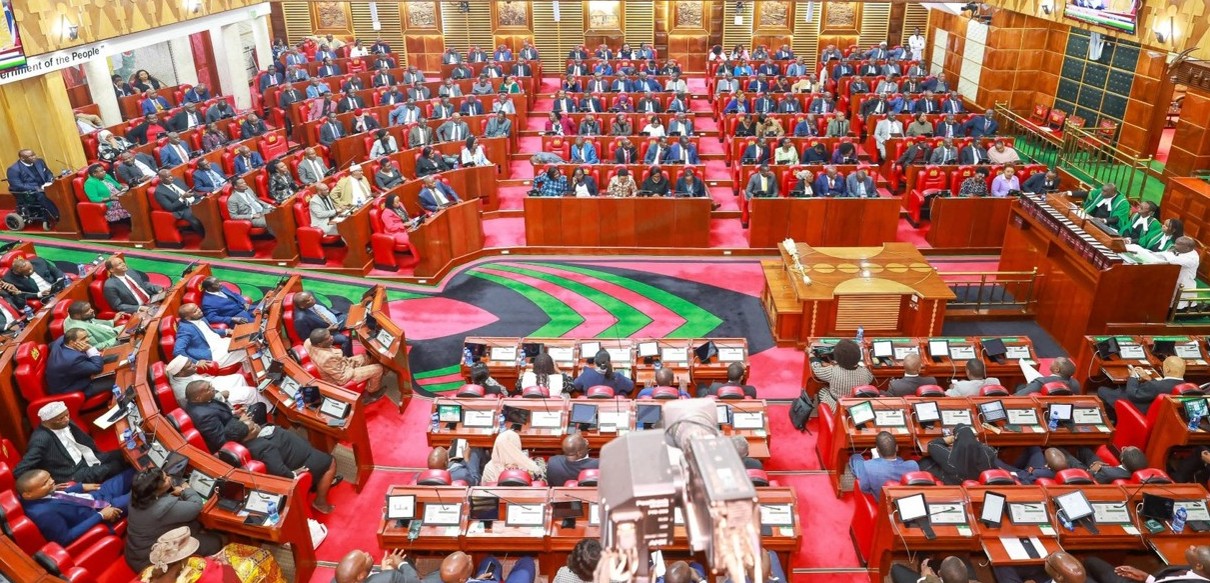Senators, Woman Reps face lowest re-election chances in 2027 poll - survey

MPs and governors fare slightly better, though still face a difficult re-election path. According to the survey, 8.9 per cent of MPs are “very likely” to be re-elected, while 28.3 per cent are “likely” to win.
A new national survey has delivered a harsh verdict on the political future of elected leaders, showing that the vast majority, up to 90 per cent, are unlikely to be re-elected in 2027.
The report by Transparency International - Kenya reveals that not a single sitting official recorded a re-election likelihood of more than 10 per cent.
More To Read
- Devolution at risk as projects remain incomplete across counties
- Senators push for 100 new polling stations for Kenyans abroad
- State House faults 'The Economist' over editorial on Kenya's authoritarian drift
- Woman Rep office least understood and engaged with, Transparency International report finds
- Treasury CS Mbadi tells IEBC to cut costs, reuse equipment to curb rising election expenses
- Report reveals 40 per cent of all bribes in Kenya are paid to police officers
The findings, which focused on governors, senators, MPs, Woman Representatives (Woman Reps) and Members of County Assembly (MCAs), indicate widespread public dissatisfaction, especially with senators and Woman Reps, whose positions rank the lowest in performance and visibility.
“Overall, no elected official was reported to have more than a 10 per cent chance of re-election,” the report states, as quoted by the Star.
Out of the 47 Woman Reps, only 2.6 per cent are considered “very likely” to win back their seats, while another 9.7 per cent are viewed as “likely” to return.
Senators face a similarly dim outlook, with just 4.2 per cent seen as “very likely” to secure another term and 20.6 per cent described as “likely” to retain their positions.
“The position of the woman representative and that of the senator showed the least likelihood of re-election,” reads the report.
In comparison, MPs and governors fare slightly better, though still face a difficult re-election path.
According to the survey, 8.9 per cent of MPs are “very likely” to be re-elected, while 28.3 per cent are “likely” to win again. Governors trail slightly behind, with 6.3 per cent rated as “very likely” and 21.8 per cent as “likely” to retain their positions.
MCAs, who operate closest to the grassroots, also face an uphill battle, with only 6.1 per cent seen as “very likely” to keep their seats and 22.4 per cent as “likely.”
The report attributes the comparatively better outlook for MPs to their strong presence in constituencies through projects under the National Government Constituency Development Fund.
“The MP position came closest with a likelihood of 8.9 per cent, probably on account of the visibility created by their role in managing the NG-CDF,” the report says.
Senators, who currently lack a development fund, are disadvantaged in this regard. A bill seeking to establish a Senate Oversight Fund is still under consideration in Parliament.
Woman Reps manage the National Government Affirmative Action Fund, but this has not translated into stronger public support.
Despite access to such funds, the report ranks the offices of senator and woman rep lowest in terms of public satisfaction.
“The offices of the senator and the woman rep were rated lowest, receiving a score of two out of five each,” the report states.
Governors, MPs, and MCAs were given an average score of three out of five.
“A score of three could denote an acceptable performance level, slightly above the midpoint of 2.5. Notably, none of the offices scored four, which would indicate good or very good performance,” it adds.
A key concern raised in the report is the sharp drop in the public’s rating of senators. In 2016 and 2019, senators had an average score of three, but this dropped to two in the latest assessment, reflecting declining confidence in the role.
Limited public understanding of the roles played by senators and Woman Reps appears to be a major issue. Awareness stood at just 41.3 per cent for Woman Reps and 54.1 per cent for senators.
“Given this limited knowledge, it is expected that the residents would have less interaction with the offices and subsequently lower levels of civic demand for accountability,” the report says.
The offices of the Woman Representative and Senator also had the lowest reported contact with the public, at 4 per cent and 5.4 per cent, respectively.
By contrast, MCAs had the highest interaction at 24.9 per cent, followed by governors at 18.7 per cent.
Even so, voter interest in supporting women candidates remains notable. In 2025, 47 per cent of those surveyed said they would be “likely” or “very likely” to vote for a female governor, while 45 per cent expressed the same willingness for female senators.
The MCA position attracted the highest support for women, with 51 per cent backing female candidates.
This, however, marks a decline from 2019, when support for women candidates was higher across all seats, 65 per cent for governors and 68 per cent for MCAs.
“Despite the intent to vote for female candidates, it must be noted that the actual election results reflect a different reality,” the report warns.
In 2022, only seven women were elected as governors, representing just 14 per cent of the total. In the Senate, only three women secured seats, just 6.3 per cent of the chamber.
The findings are based on interviews with 1,029 adult respondents across 15 counties, selected using simple random sampling. Data collection was done through in-person interviews.
Separately, a December 2024 parliamentary scorecard by Mzalendo Trust showed active participation by a few senators and MPs. In the Senate, Samson Cherargei (Nandi) made 209 contributions, followed by Eddy Oketch (Migori) with 159, Tabitha Mutinda (nominated - UDA) with 142, Okong’o Omogeni (ODM) with 137 and Gloria Orwoba (nominated - UDA, now ousted) with 136.
Among MPs, Wilberforce Oundo (Funyula) led with 103 contributions, followed by Beatrice Elachi (Dagoretti North) with 98, James Nyikal (Seme) with 94, Makali Mulu (Kitui Central, Wiper) with 80 and Adan Keynan (Eldas, Jubilee) with 47.
Top Stories Today
